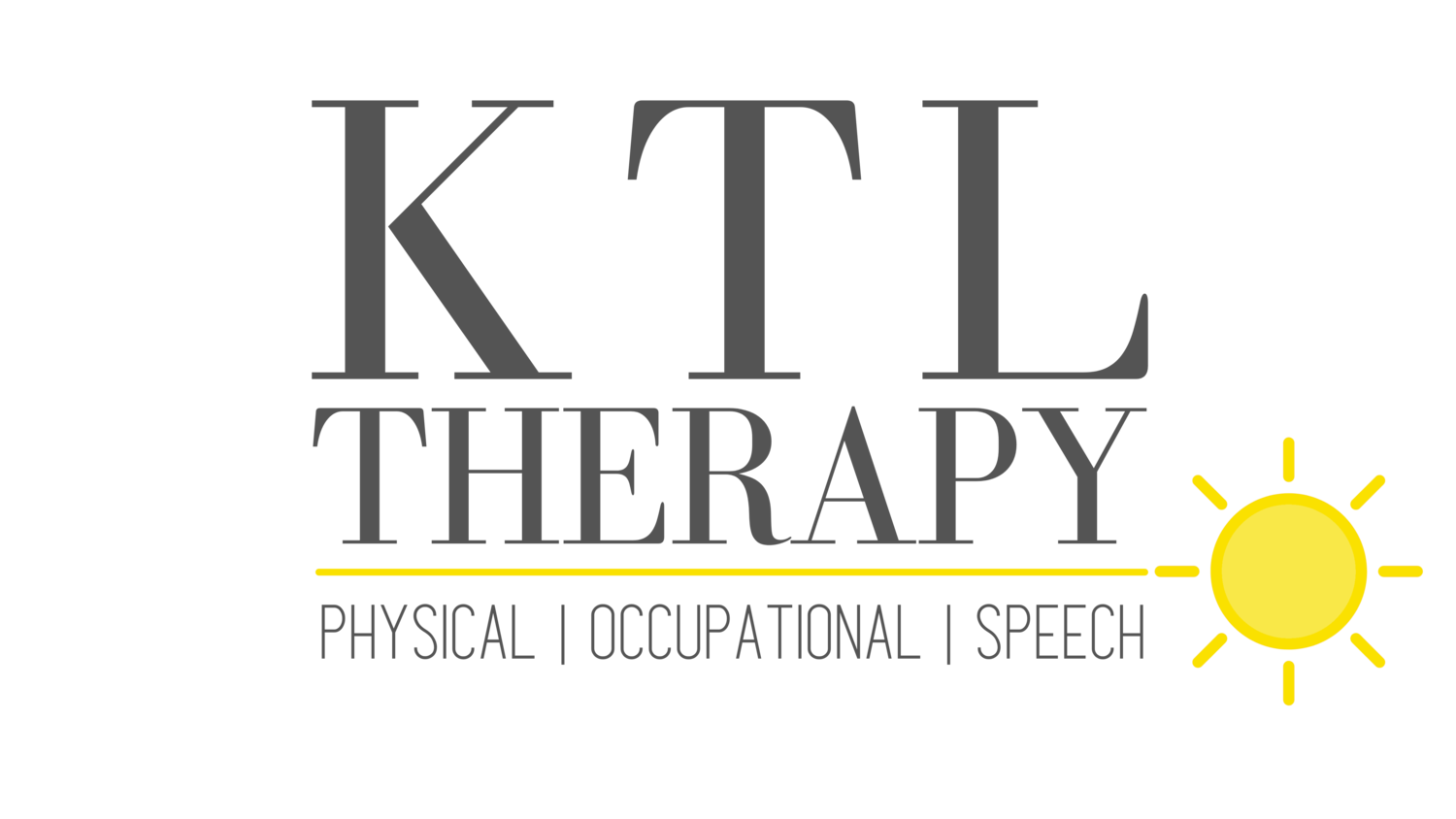What is Occupational Therapy?
Occupational Therapy (OT) is an allied health profession that works with individuals across the lifespan to better engage in all activities and occupations of life.
Therapists who specialize in occupational therapy (i.e., OTs) help patients to participate in everyday occupations! But, what is an occupation?
“Occupations” include all meaningful activities a person desires and needs to participate in for daily life.
For children, this may include things like getting dressed, writing their name, or playing with friends - just to name a few. When helping a child engage in these activities, we look at the whole child and their environment.
Occupational therapists consider underlying skills that need to be addressed in order to participate in various occupations including:
1. Motor skills - strength, balance, and coordination
2. Processing skills - the skills needed to carry out actions
3. Sensory function skills - vision, hearing, taste, smell, touch, proprioception, interoception, pain, temperature, etc.
4. Social skills - speech production, turn-taking, shared attention, self-expression, and much more
5. Cognitive skills - memory, attention, perception, and emotions
Occupational therapists are trained to work with a variety of diagnoses including, but not limited to:
traumatic brain injury
autism spectrum disorder
down syndrome
mental health conditions
cerebral palsy
spinal cord injury
stroke
burns
fractures
orthopedic impairments
sensory processing disorders
developmental delays
motor delays
One of the diagnoses mentioned above is autism spectrum disorder. Did you know April is also Autism Spectrum Disorder awareness month?
Take time this month to teach your child about awareness and acceptance of others who are differently abled.
Promoting awareness and understanding of disabilities leads to acceptance. Don’t we all want to be accepted?
Having these conversations can decrease bullying and promote an environment where all children feel included and important.
If you have concerns about your child’s development, one of our occupational therapists would be happy to meet with you and your child for an assessment.




